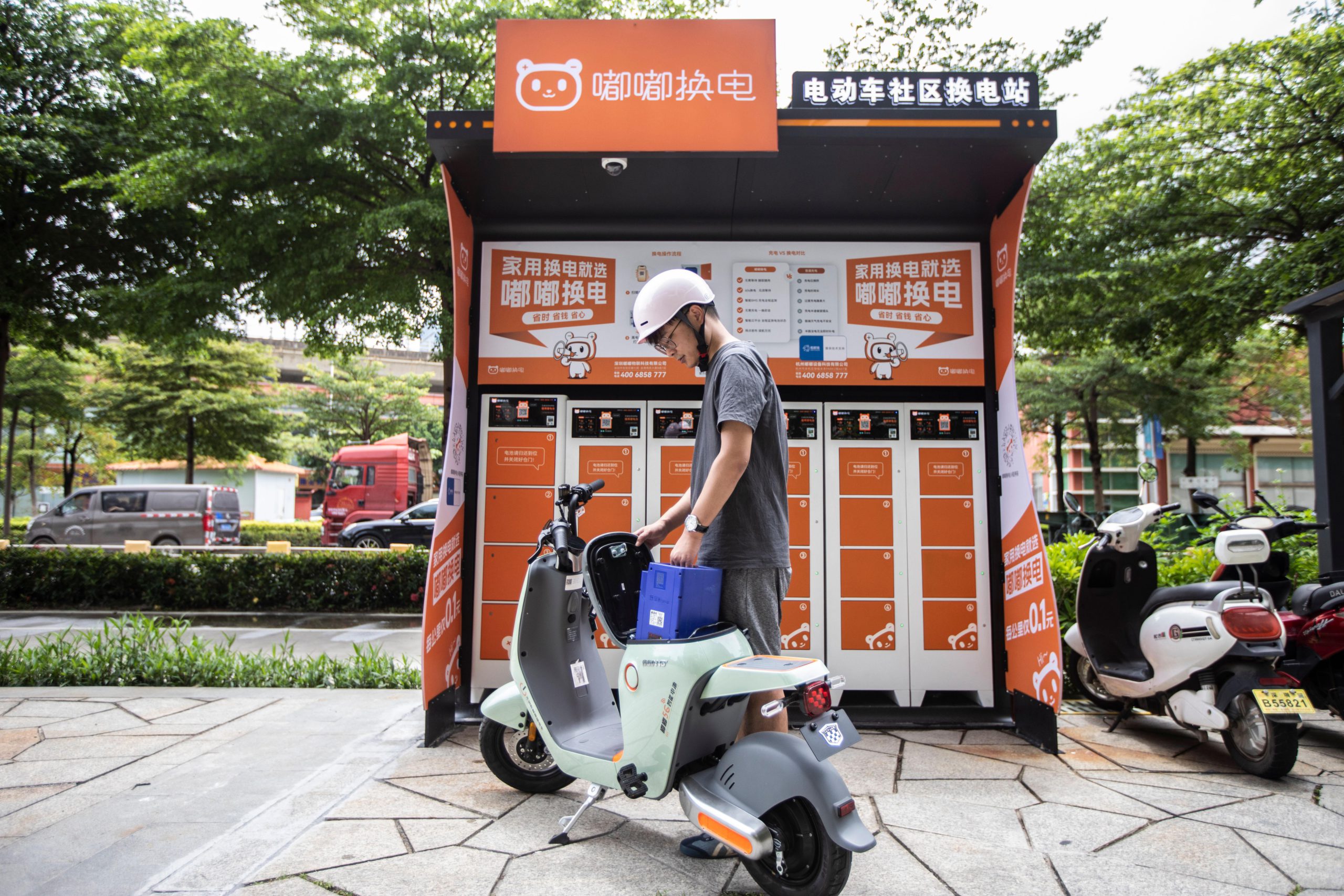
The European Union’s new battery regulation, which came into effect on August 17, 2023, has placed a spotlight on the lithium-ion battery recycling industry. This regulation imposes requirements on the recycling rates of key materials in power and industrial batteries that will be sold in the European Economic Area in the future. As a result, the industry is in need of reform to address issues of decentralization, disorganization, environmental pollution, and resource wastage.
In China, the adoption of new energy vehicles has been steadily increasing in the past two years, leading to a rapid expansion of the country’s lithium-ion battery recycling market. However, the market has long suffered from inefficiencies and outdated methods, particularly the costly and inefficient “sampling” method used in the recycling process. These challenges have created an urgent need for innovative solutions.
One promising technology that has demonstrated the potential to address these issues is blockchain. AntChain, the blockchain arm of Ant Group, has been collaborating with electric two-wheeler battery swap company Dudu Power since last year. This partnership has introduced blockchain technology to the tens of thousands of batteries placed at Dudu Power’s 4,000 battery swap stations.
Blockchain technology, known for its traceability and tamper-resistant properties, enables the transfer of highly reliable battery data to downstream recycling companies. This reduces inspection costs and ensures better utilization of retired batteries. The blockchain communication module provided by AntChain is connected to Dudu Power’s battery management system (BMS), securely recording data for each individual battery cell on the blockchain. This data includes power levels, charge and discharge cycles, and battery health.
The introduction of blockchain technology has allowed recycling companies to access data of every retired Dudu battery online, significantly reducing inspection costs. Additionally, the more efficient utilization enabled by blockchain technology has the potential to increase the efficiency of retired batteries by 20-30%.
Chen Zhong, director of Peking University Blockchain Research Center, highlighted the importance of blockchain technology in accurately recording the entire lifecycle of batteries. This includes production dates, usage history, and other relevant information. This immutable history positively affects the circulation, utilization, and recycling of batteries.
The collaboration with Dudu Power is just one example of AntChain’s applications in the battery recycling industry. AntChain has built the world’s largest blockchain platform for new energy devices, with over eight million registered devices ranging from two-wheeled electric vehicles to energy storage batteries. AntChain has also partnered with battery recycling and energy storage companies like Saft and Jiecheng New Energy, aiming to create a comprehensive ecosystem around battery recycling.
Zhao Liangliang, deputy general manager of AntChain’s trusted industry products division, emphasized that the new energy industry is ideal for applying blockchain technology due to its interconnected nature and the need for trust among various transaction parties. AntChain is actively exploring other use cases and scenarios in the new energy industry, aiming to address more pain points and contribute to the development of China’s new energy sector.
In conclusion, blockchain technology has the potential to revolutionize the lithium-ion battery recycling industry by reducing costs, improving efficiency, and ensuring better utilization of retired batteries. AntChain’s collaboration with Dudu Power is just one example of the application of blockchain technology in this sector, and AntChain is actively working towards building an ecosystem around battery recycling. With the adoption of innovative technologies like blockchain, the industry can overcome its challenges and contribute to a more sustainable and circular economy.






